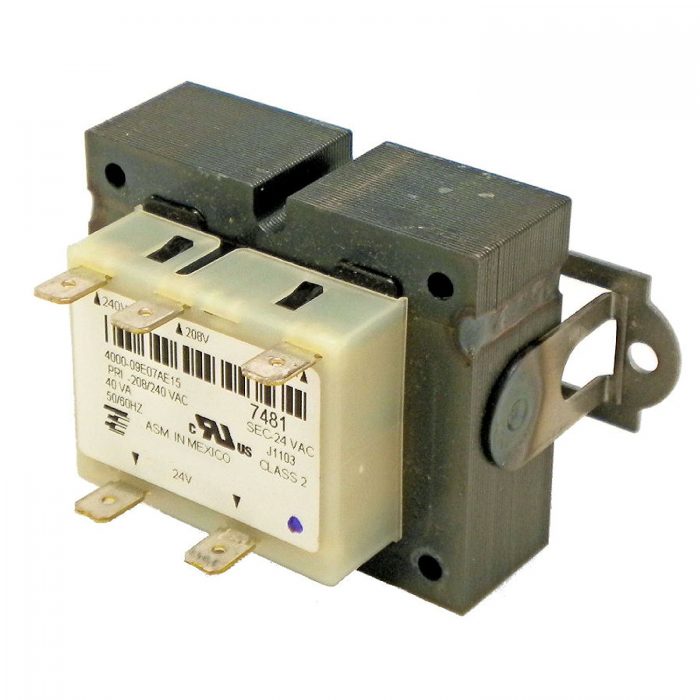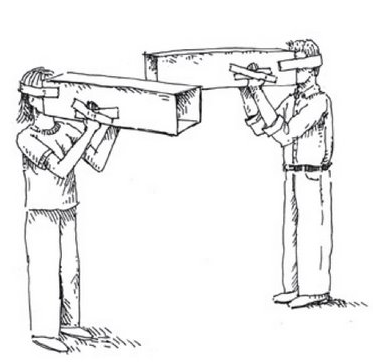Get Tech Tips
Subscribe to free tech tips.
The Learning Mindset – Trial & Error

I'm far from a country boy, but I did grow up in a rural area with animals, playing in the woods, and cleaning out chicken coops. Like many of you, we would play most of the day outside without our parents knowing or worrying about where we were.
Was that an “unsafe” way to grow up?
I guess it wasn't always perfectly safe, but it did result in a lot of unintentional learning as we navigated the world around us and gained experiences and feedback via trial and error.
It's undeniable that one of the quickest and most reliable ways to learn is to try and fail until we get it right.
It's how you learned to ride a bike, rollerskate, and probably how you learned to swim.
As David Sandler said:
You can't teach a kid to ride a bike in a seminar.
We know it's true, but we often attempt to teach topics through talking, reading, writing, and watching rather than allowing people to learn through good old trial and error.
The problem with the “trial and error” method of learning professionally is the “error” part of the equation and the potential cost of those mistakes.
Learning From Mistakes Without Disaster
I have a friend who works as a nuclear analyst for power plants. He learned much of what he knows in the Navy while working on a nuclear submarine. On a nuke sub, you can't afford to “learn from your mistakes,” a mistake that could kill everyone and possibly bring an end to civilization isn't a mistake you can risk. In these mission-critical environments, the military doesn't resort to teaching the book over and over without practice. Instead, they do drills and work through redundant checklists with hands-on practice over and over and over.
It isn't that they remove practice and trial and error—far from it. Instead, they allow the trial and error to occur in an environment where the mistakes are controlled in a way that can NEVER result in a mistake in real life.
In other words:
They don't practice until they get it right. They practice until they can't get it wrong.
Previous generations understood the importance of drills and practice, whereas more modern education has focused on cognitive understanding as the foundation of proficiency.
Understand it first, and then you can do it. It's as if understanding all about a bike, the chain and how it's made, the gears, the brake mechanism, etc., must be learned first before a kid should get on the darn thing and learn to ride it.
Often, it's nerds like me that try to force-feed new people a bunch of technical mumbo jumbo because it interests me rather than helping them get on the bike so they can learn how to turn and pedal.
Applying Trial and Error Into HVACR
We can all agree our trade faces an honest-to-goodness shortage of skilled workers that is only getting worse. We can sit in our ivory palaces and pine away about how to give everyone a perfect education with every detail listed out and taught in a nice, clean classroom, but it won't work, and it's too little too late.
In order to get people trained quickly, we need to allow them to put their hands on tools and equipment in realistic situations and practice, practice, practice until they can't get it wrong. We need to shorten the list of things we expect workers to know in their brains before we start to allow them to experience it.
After talking to world-class, innovative instructors like Ty Brannaman with NTI, I am learning that narrowing down the curriculum and giving more tool time earlier in training leads to much better outcomes.
That doesn't mean that we aren't teaching safety and compliance; we merely teach it as a part of drills and practice rather than separate from it.
It means practicing on equipment over and over with modern tools and techniques. It means charging, recovering, and evacuating over and over until they can do it in their sleep. It means wiring and diagnosing electrical issues that techs will actually see in the field on the sort of equipment they are likely to see.
It means practice and trial and error before being so heavy-handed with books and theory.
What are your thoughts?
—Bryan
P.S. – Here's part 1 of this short series if you missed it.











Comments
Well I think an APPRENTICESHIP sounds pretty familiar, hooking up your newbies like me to your seasoned veterans and let them make mistakes then going to school and understanding what you are looking at. Love all your content, trying to get what I am putting in.
Well I think an APPRENTICESHIP sounds pretty familiar, hooking up your newbies like me to your seasoned veterans and let them make mistakes then going to school and understanding what you are looking at. Love all your content, trying to get what I am putting in.
To leave a comment, you need to log in.
Log In